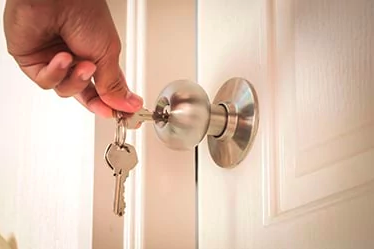What Happens in the Days Before Closing
You found a home that meets your needs, got your offer accepted and got approved for a loan. Now, you’re finally ready to sign on the dotted line. Closing is where you’ll sign all of the mortgage paperwork and, in most cases, take possession of the property. Here’s what you need to know about closing
Acknowledge Your Closing Disclosure
Before your closing, you’ll get a document called a Closing Disclosure, which will include a summary of the final costs of your loan.
It’s important to acknowledge that you received the document as soon as possible. Your lender is legally required to give you the Closing Disclosure three business days before closing, so if you don’t acknowledge receipt of your Closing Disclosure quickly enough, your closing could be delayed.



